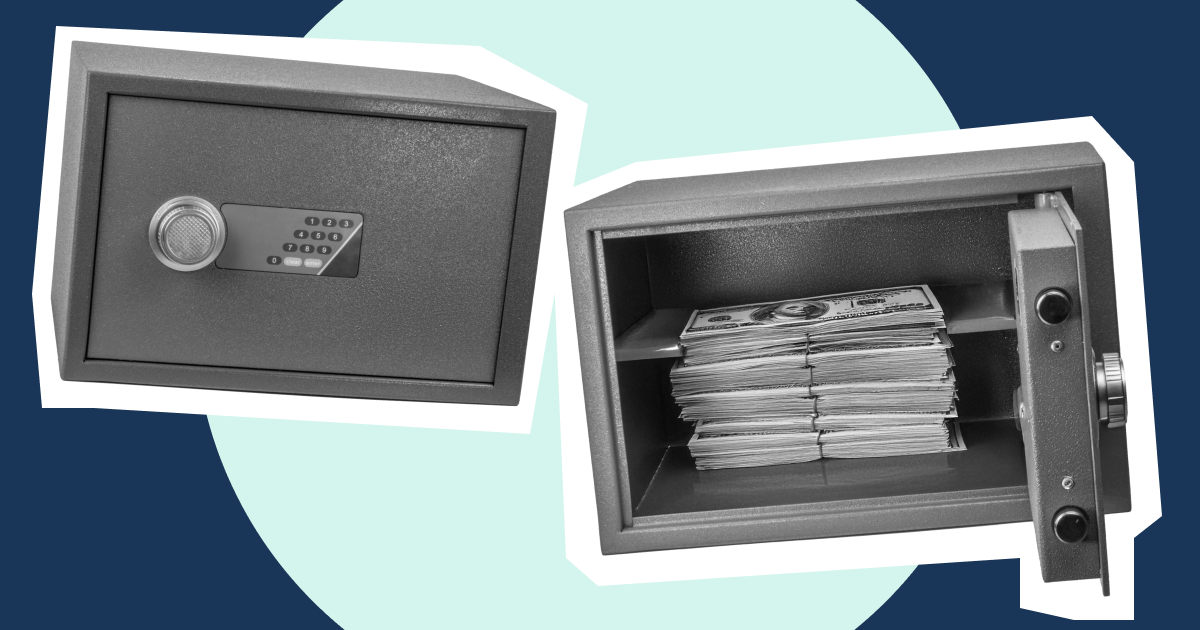Summary
As a start-up founder, handling the books and keeping track of your business expenses is distracting.
An accountant can take over financial functions such as balance sheets, cash flow statements and managing the business accounts.
So choosing the right start-up accountant can free up a lot of your time.
Why hire an accountant?
An accountant is responsible for bookkeeping and accounting tasks in your company. By outsourcing these administrative and financial tasks to an expert you can save yourself a lot of time to focus on strategic and creative business decisions.
In the early stage, small businesses can count on accountants to:
- decide on the most appropriate business entity.
- create bookkeeping and accounting processes.
- determine the best accounting system and method.
- take care of the overall financial health of the business.
Once the business has grown to a more established stage, accountants offer more advanced services.
- Payroll, balance sheets and income statements
- Audits
- Tax returns
- Data-driven finance reports
- Overseeing cash flow
Types of accountants and how to choose one
When you’re first looking to hire an accountant, you can choose between a freelancer or an in-house accountant.
Outsourcing your accounting to a freelancer gives you more time to focus on growing your business while keeping the costs low.
At a later stage, you’ll find more value in hiring an in-house accountant to take on your bookkeeping and more advanced accounting tasks to help your start-up grow.
If you want to find a good tax accountant for your business, look for certified accountants. In the USA, these are called Certified Public Accountants (CPAs) and elsewhere they’re Chartered Accountants.
These professionals are more proficient in financial analysis, regulation, auditing and taxation than a regular accountant.
How to choose an accountant for your business?
1. Reflect on your company’s needs
Before you hire an account, you need to figure out how an accountant will help your business.
Do you need them to carry out bookkeeping tasks like gathering financial information or do you require a more strategic accountant who offers financial consultation as you grow your business?
This decision can mean the difference between hiring a freelance, part-time or full-time in-house accountant.
2. Prepare the job description
When you’ve got clear expectations for your future account, prepare a job description.
Make sure it lists out exactly what you need and what the accountant is required to do. That way, you’ll spend less time sorting through the applicants and selecting the best account for your company.
List your job description on traditional job boards, but don’t forget to tap into social media as well to ask for recommendations. Moreover, if you have a booming start-up, interested accountants may be on the lookout for opportunities in your company.
Finally, word of mouth can be a powerful tool to find a good accountant. So don’t hesitate to reach out to fellow founders or ask your investors for recommendations.
3. Shortlist accountants
While all accountants should be knowledgeable about the various areas of bookkeeping and accounting, they aren’t necessarily a good fit for your business.
Look for an accountant with experience in your industry and region. Their relevant work experience is a bonus to provide money-saving solutions and a smoother workflow.
4. Interview and negotiate
After shortlisting your ideal candidates, interview the top candidates.
Make sure they have the required knowledge, experience and certification to assist your business.
During the interview, you should at least discuss:
- Salary/freelancer fee expectations on a monthly or hourly basis
- Accounting software they are experienced with
- Industry experience
- Company culture fit
If possible, conduct reference checks to find out if previous employers would vouch for their skills and credentials.
Frequently Asked Questions
How do you check if your accountant is certified?
To determine whether your accountant is certified, find out what type of certification they possess (i.e. CPA or chartered accountant) and contact the relevant board from the issuing country. This removes any risk of fraud or deception.
How much does it cost to hire an accountant?
There’s no hard and fast rule on how much you should pay your accountant. According to Indeed, the average base salary of an accountant in Singapore is 3,829 SGD per month.
There are three main factors that may affect the accountant’s cost:
- The complexity of your bookkeeping
- The accountant’s experience
- The volume of transactions they need to manage










%201.webp)


.webp)